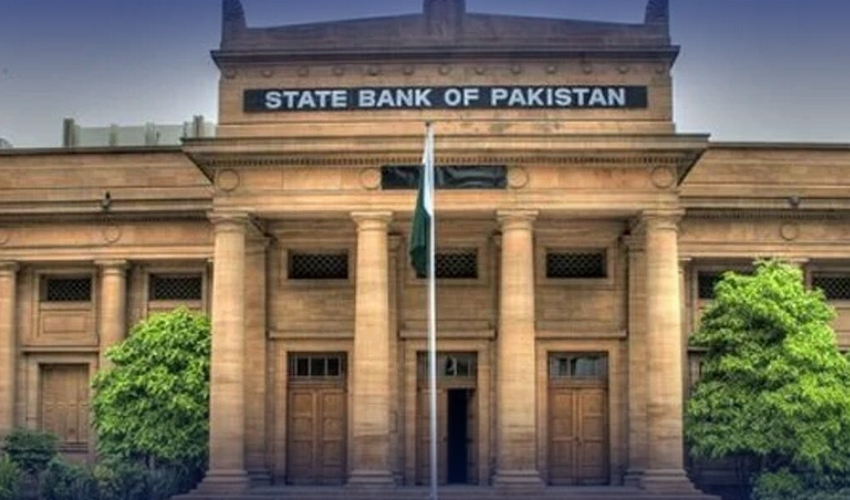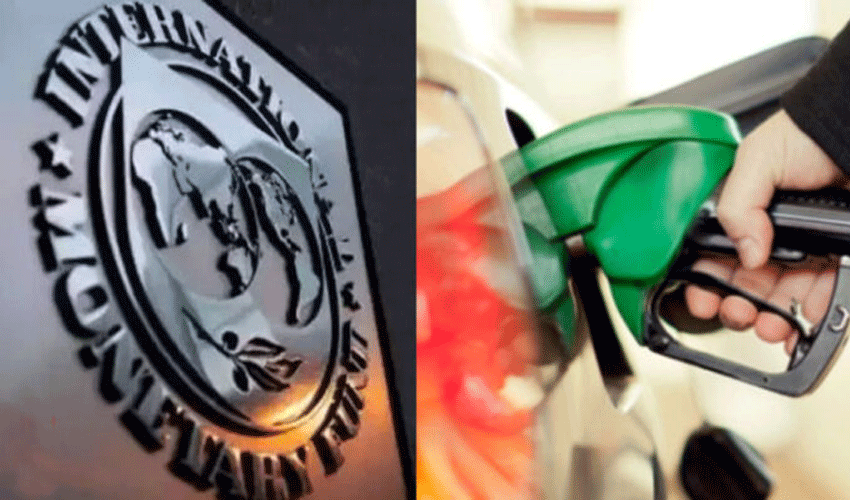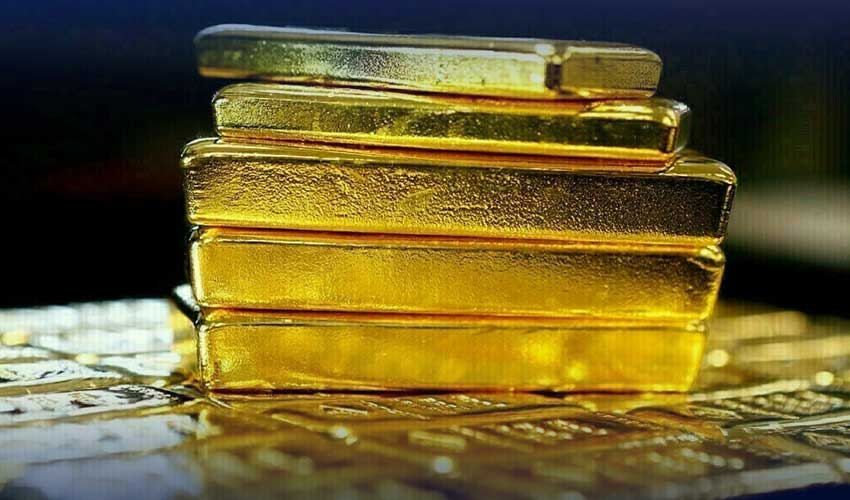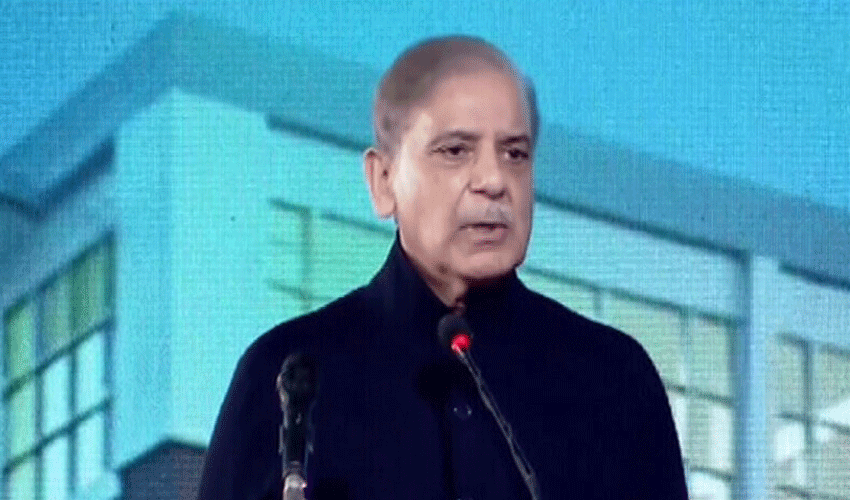Pakistan’s monetary policy committee, a group within the State Bank, is scheduled to meet on March 18th to determine the country's key interest rate. This decision will be crucial in the face of Pakistan's high inflation.
Currently, the country's prime interest rate sits at a record high of 22%. Economists are divided on whether the committee will maintain this rate or opt for an adjustment.
During the meeting, policymakers will carefully review key economic indicators, including inflation rates, growth projections, and other relevant factors, to make informed decisions regarding interest rates. Given the current level of inflation, economists anticipate that the central bank may opt to maintain the interest rate at its existing level.
High interest rates can help curb inflation by making borrowing more expensive and encouraging saving. However, they can also slow down economic growth by making it more expensive for businesses to invest.
The committee's decision will be based on a careful analysis of various economic indicators, including inflation data, economic growth figures, and foreign exchange reserves. They will need to weigh the need to curb inflation against the potential downsides of keeping interest rates high.
According to a recent report by Arif Habib Limited (AHL), there is a significant likelihood that the State Bank of Pakistan (SBP) may consider initiating a reversal in the interest rate cycle by implementing a 100 basis points cut in the upcoming policy review.
Currently, the key policy rate is at a historic high of 22%. Notably, Pakistan's headline inflation rate for February was recorded at 23.1% year-on-year, based on data from the Pakistan Bureau of Statistics (PBS). This figure represents a notable decrease from the previous month's reading of 28.3% in January.


























